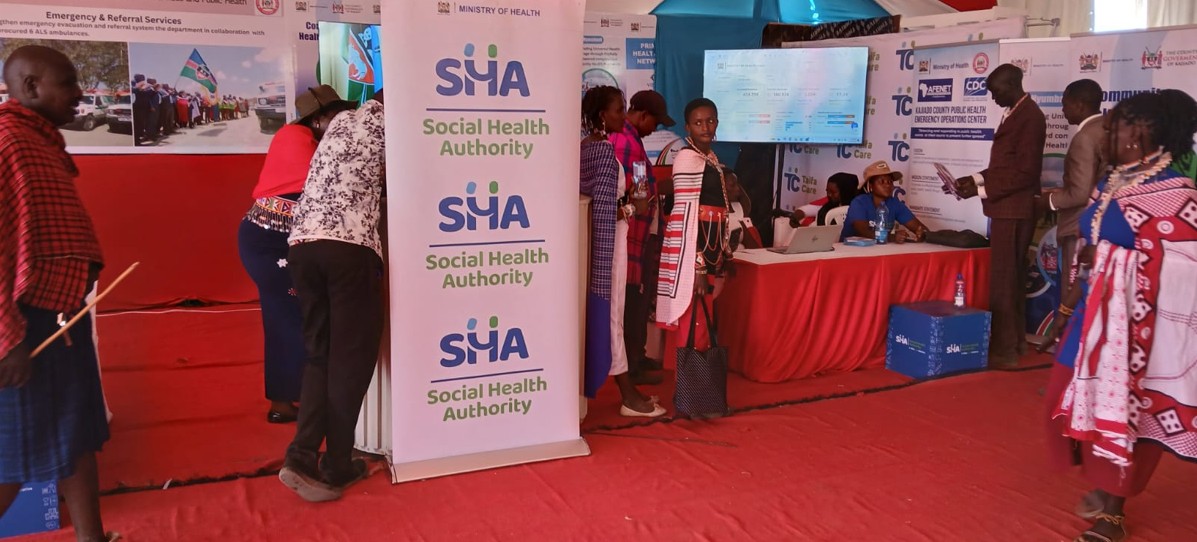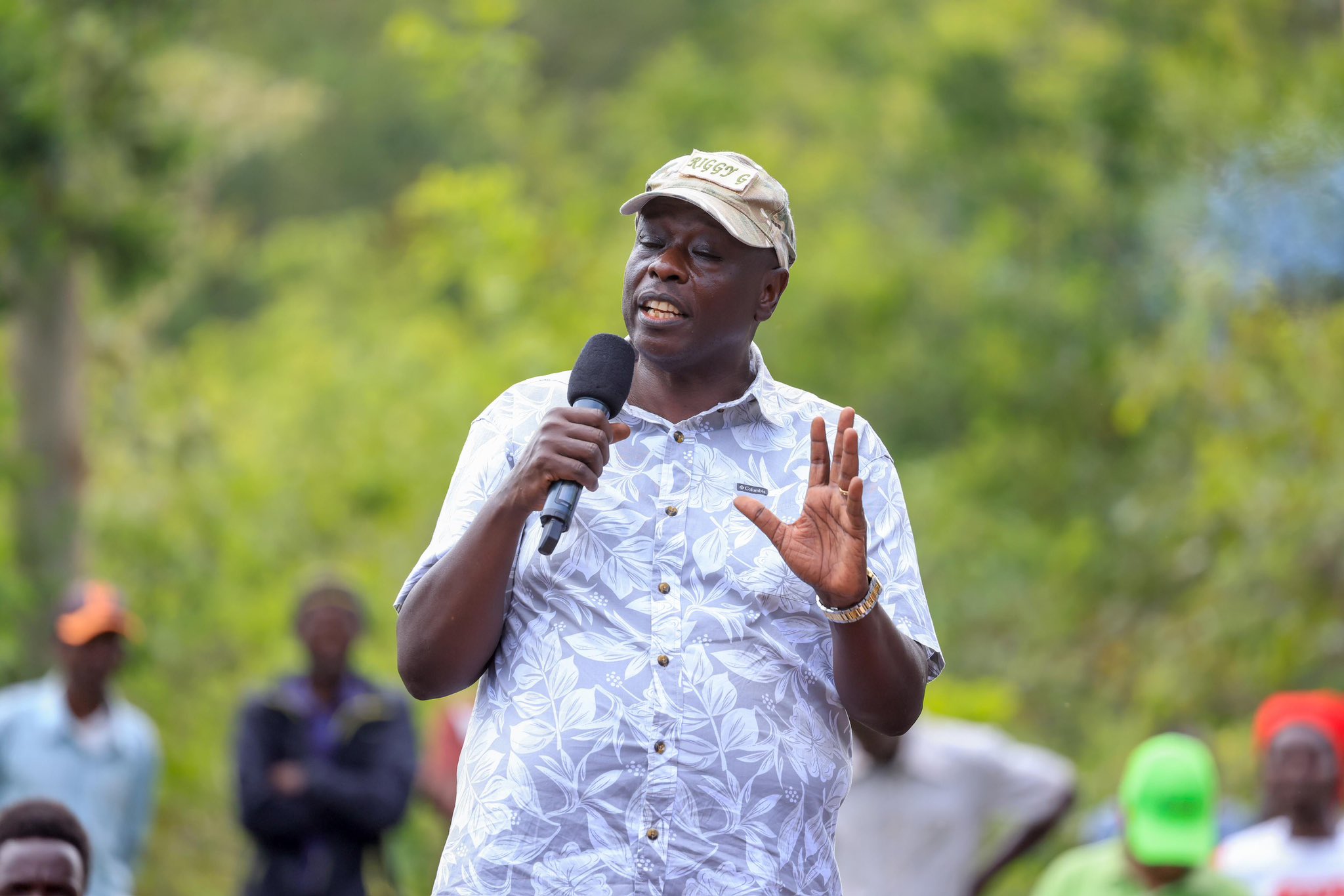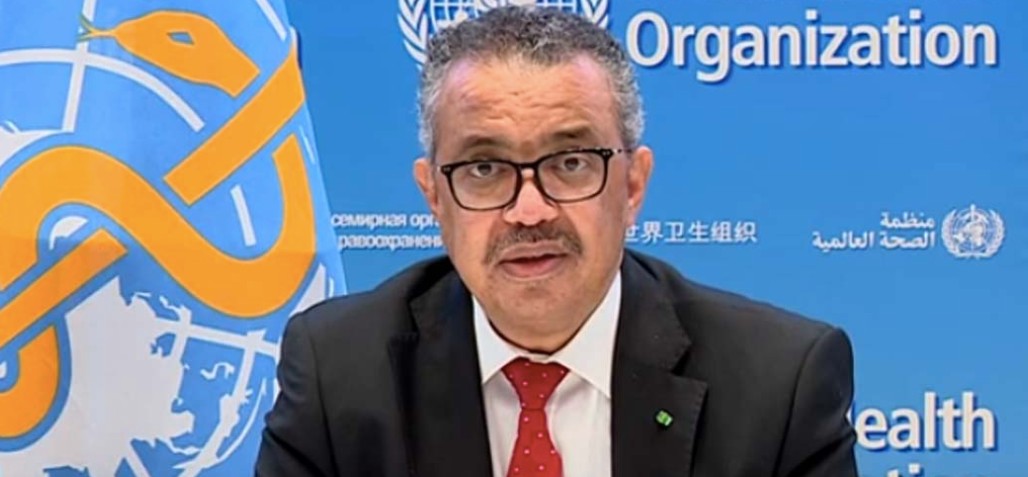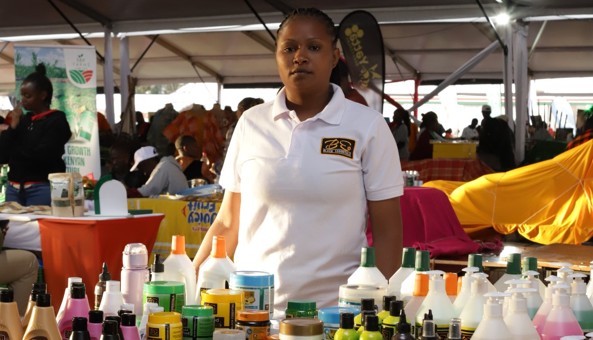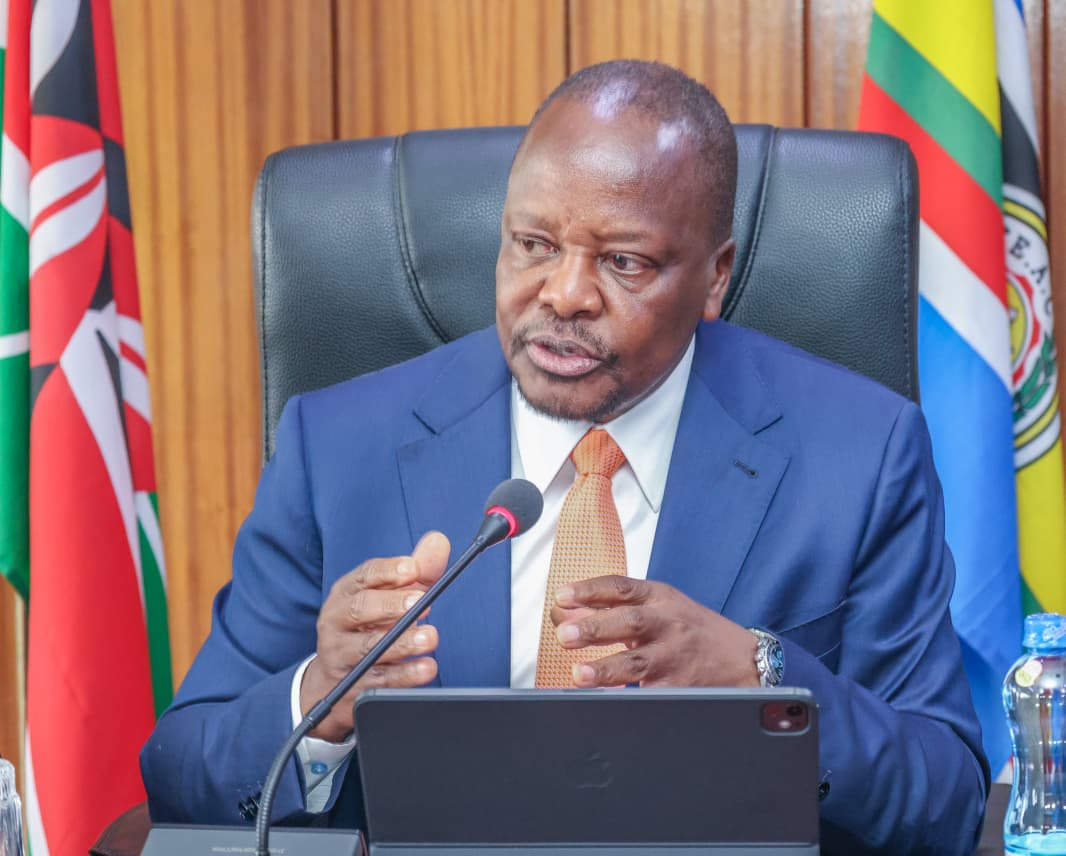Ethiopia to hold 7th national election in 2026, says President Tayé Atske Selassie
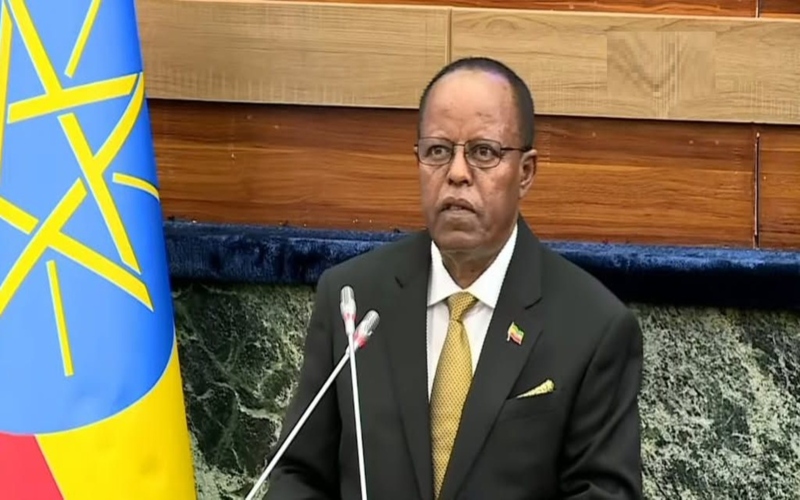
President Tayé Atske Selassie said, “The government will work responsibly to ensure that the national election to be held in our country this year is fair, peaceful, democratic, and credible among Ethiopians”.
Ethiopia will hold its 7th national election during the current fiscal year (June-July 2026), President Tayé Atske Selassie announced on Monday.
The announcement came during President Tayé’s 40-minute address outlining the government’s annual plan at the joint opening session of the 6th year term of the House of People’s Representatives and the 5th year term of the House of Federation this afternoon. A total of 511 members from both Houses attended the session.
More To Read
- Ethiopia sets June 1, 2026, for general election amid credibility concerns
- Ethiopia has struggled to build national unity: Can its big new dam deliver it?
- Ethiopia launches first phase of Ogaden gas project, shifts focus to domestic energy use
- PM Abiy Ahmed vows Ethiopia will achieve port ownership through self-reliance
- President Ruto champions African unity, self-reliance at GERD launch
- Details of Grand Ethiopian Renaissance Dam, largest dam in Africa
In a brief mention lasting only 16 seconds toward the end of his speech, the President said, “The government will work responsibly to ensure that the national election to be held in our country this year is fair, peaceful, democratic, and credible among Ethiopians”.
However, preparations for the upcoming election are already drawing scrutiny and concern from opposition parties.
In July this year, the House of Peoples’ Representatives approved amendments to the Ethiopian Electoral, Political Parties Registration, and Electoral Code of Conduct Proclamation, tabled by the National Electoral Board of Ethiopia (NEBE).
The amendment, which introduced 26 new articles to the previous law, including a mandatory digital identification requirement for candidates, was met with criticism from several opposition parties.
Mubarak Rashid, Head of Organisation and Capacity Building for the Freedom and Equality Party, told Addis Standard in July that while his party supports some of the changes “in principle,” it remains concerned that the law “could be misused”.
Sultan Qasim, Head of Public Relations for the Oromo Federalist Congress (OFC), described the amendments as containing “incorrect and dangerous” provisions. He warned that the five-year suspension period for political parties amounts to a “death sentence,” and that mandatory digital IDs could “limit candidates’ right to run” due to limited public access to such identification.
Similarly, Gobaze Go’a, leader of the Wolaita Democratic Front, said the amended law “effectively excludes any competition except for the ruling party,” adding that his party is exploring legal options in coordination with other opposition groups.
Earlier in June, the Caucus of Ethiopian Opposition Parties, a coalition of six opposition groups, also voiced strong objections, arguing that there are “no conducive conditions” for NEBE to conduct the 7th national election.
In a statement issued on 9 June, the Caucus accused NEBE of “partisanship” and “subservience to the ruling party,” alleging that the Board is proceeding with preparations while “on the verge of replacing three (60 per cent) of its existing leadership.”
The statement warned that the combination of “political instability, pervasive conflict and war, new regional administrative structures, and NEBE’s leadership changes” makes the environment unsuitable for a credible election. Citing Ethiopia’s electoral record, “with the notable exception of the 2005 general election”, the coalition said neither opposition parties nor the electorate have reason “to anticipate elections with genuine enthusiasm.”
The Caucus further accused the ruling party of using “defence, security, and police forces” to influence electoral outcomes, warning that such practices “undermine any hope for an impartial process” and risk “plunging the nation into further danger and chaos”.
Top Stories Today





